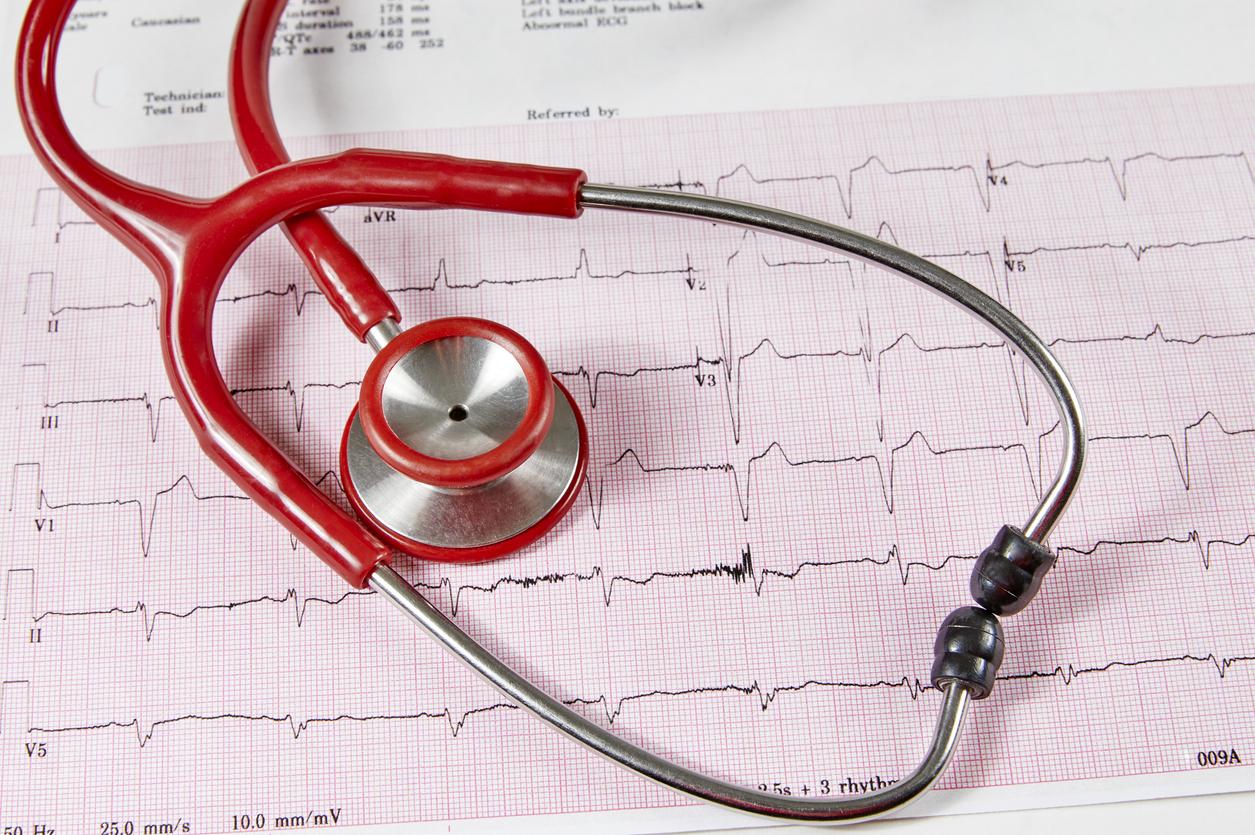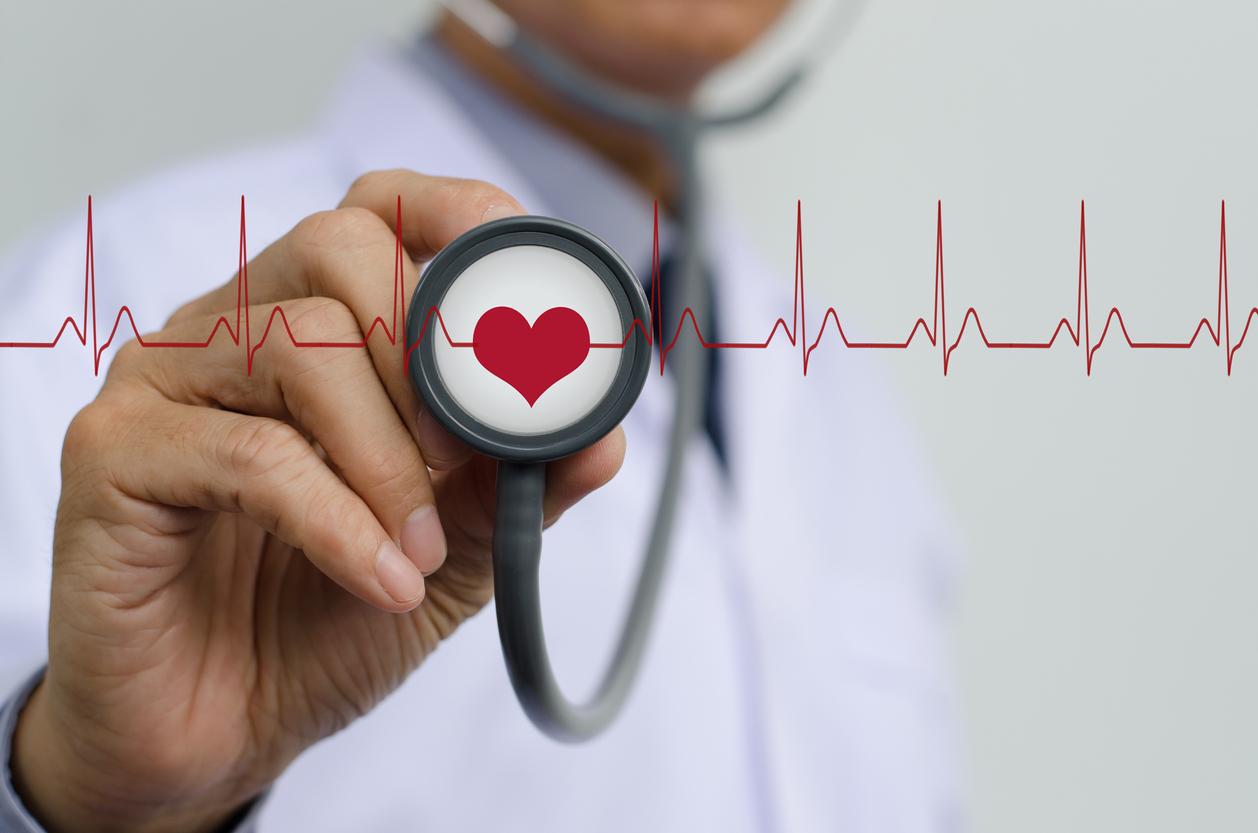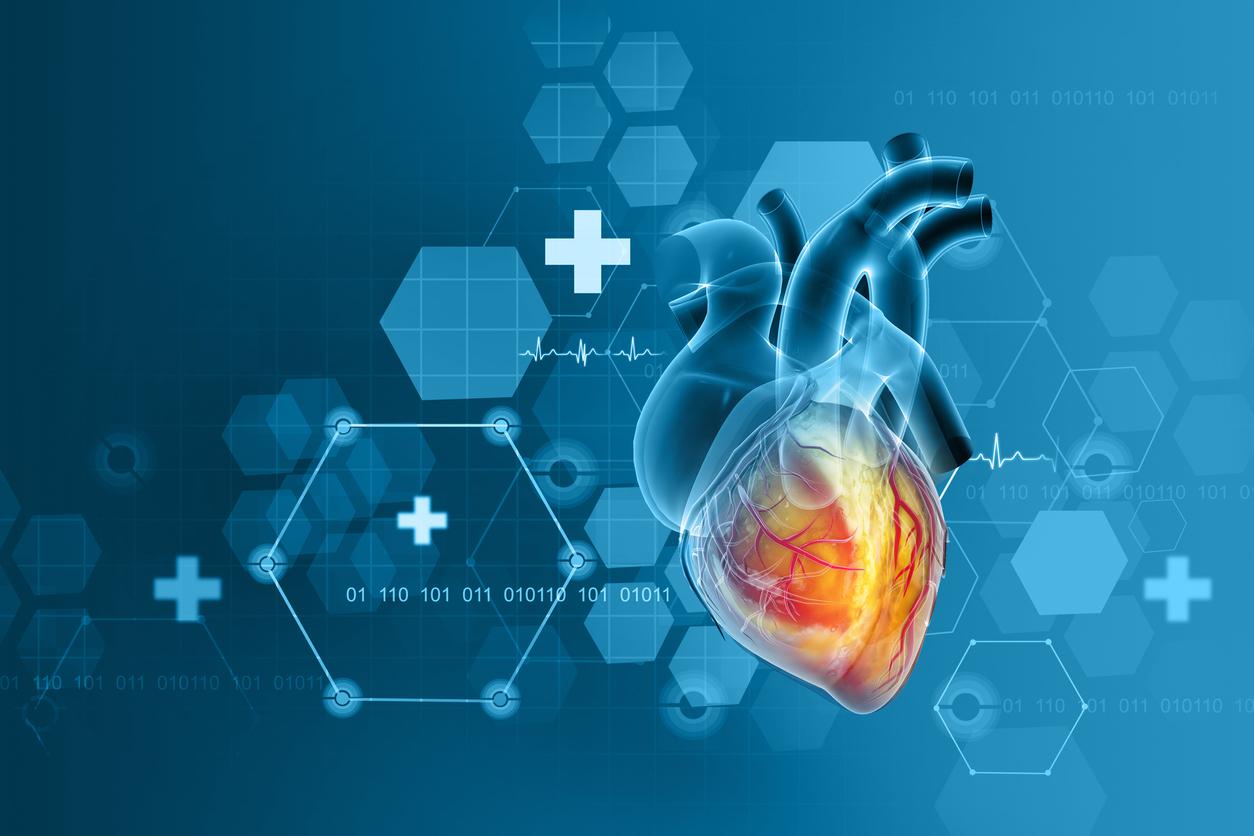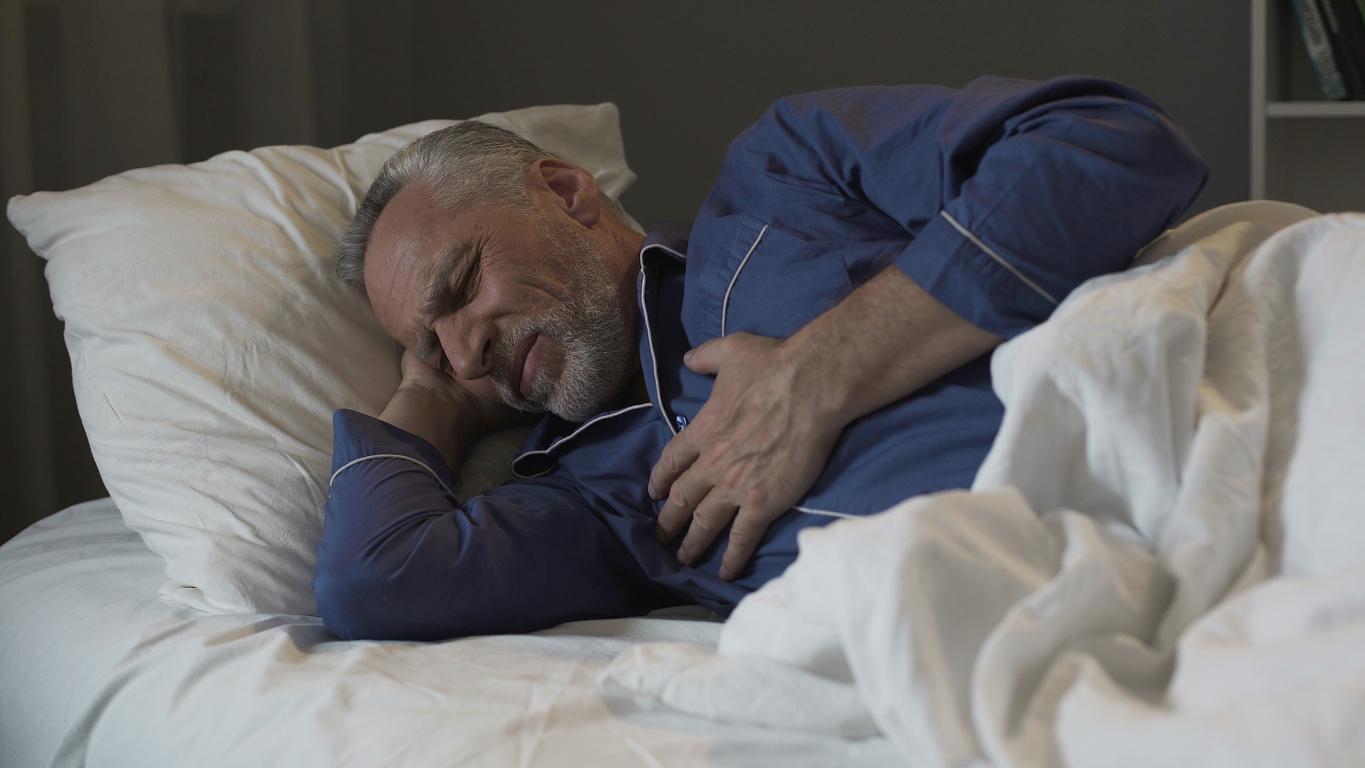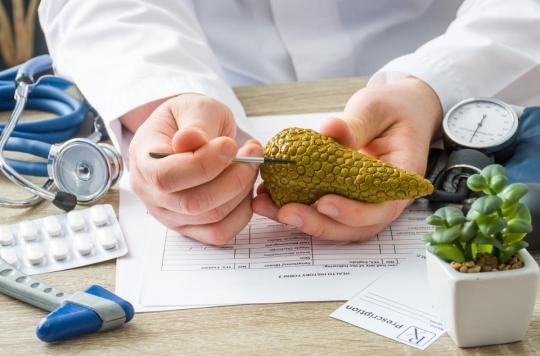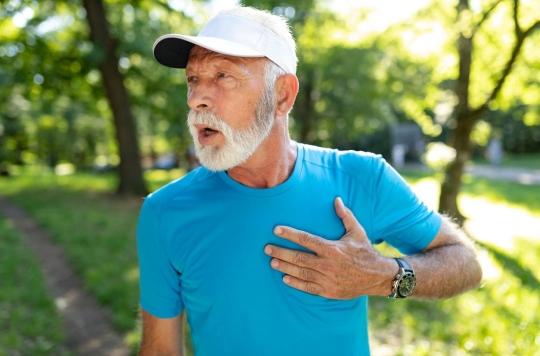
Causes and Symptoms of a Fast Heart Rate
Palpitations are when your heart suddenly beats faster, harder or irregularly. This can have various causes, such as great effort, strong emotions, but also the use of caffeine, alcohol or drugs. Sometimes the cause is a medical condition. In that case, you may need medical attention, but usually palpitations are not serious.
What are palpitations?
One speaks of palpitations when your heartbeat suddenly deviates from its normal pace and rhythm. Most people have 60 to 90 beats per minute when they are at rest. The heart usually beats fairly regularly. This can change due to various factors, for example with vigorous exertion. Then your heart can suddenly start beating much faster and you become more aware of your heartbeat. It can suddenly count one hundred and sixty beats per minute. In some people, palpitations express themselves as extra loud thumps, or as skips, where the heartbeat has an irregular rhythm. Sometimes you feel your heart beating in your neck or elsewhere in your body.
listen to your heart
If you get something to your heart, you go into the medical mill. Heart film, scans, blood tests and lots of medicines. In the new Plusspecial about the heart you can read everything about this medical mill and what you can do to keep your heart healthy. Now for only €9.95!
A fast heartbeat, pounding heart or irregular heart rhythm can have various causes, such as exertion, emotions or certain stimulants. There may also be a medical cause, such as heart disease, thyroid disease, and anemia. Heart palpitations are common in many people. They usually go away on their own and are not serious. With some medical conditions it is necessary to take medication, for example, that makes your heart beat regularly again.
Causes of palpitations
Palpitations can have many different causes, such as:
- great effort
- strong emotions, such as stress, fear, and anger
- use of caffeine (in coffee and tea, energy drinks, cola and chocolate)
- to smoke
- have eaten a lot
- use of drugs and alcohol
- certain drugs
- stay in the mountains
In addition to these common causes, there are also medical conditions that can cause palpitations, such as:
- heart disease
- thyroid disorders
- anemia
- pneumonia
- high blood pressure
- hyperventilation
- allergic reactions
- diabetes mellitus
- fever
- dehydration
Palpitations Symptoms
Palpitations can bring a variety of symptoms, such as:
- a sudden acceleration of the heart rate
- a loud pounding or pounding heartbeat
- an irregular heart rhythm, with, for example, skips
You may also have additional complaints, such as:
- a restless feeling
- to be out of breath
- dizziness
- a light-headed feeling
- a dry mouth
- tingling and/or weakness
- headache
These symptoms can come on suddenly or build up gradually. They can also be gone from one moment to the next, or gradually decrease. Often just sitting or lying down is enough to let the symptoms go away on their own. In certain cases you should contact your doctor, namely:
- for chest pain
- in case of shortness of breath
- in case of nausea, paleness and/or sweating
- in severe dizziness or fainting
- if your palpitations return often and you are very bothered by them
How is palpitations diagnosed?
If you go to the doctor with palpitations, he or she will ask you questions about the nature and seriousness of your complaints, in order to see whether there is a clear cause. You can also try to keep a close eye on the circumstances under which your complaints started, so that you can provide good information about this.
Usually the doctor will examine you physically, listen to your pulse and measure your blood pressure. If necessary, a heart film (ECG) can also be made. This is a quick and painless examination, in which electrodes are placed on your chest. These transmit information to equipment that can visualize your heart rate very precisely. Such an EKG is always a snapshot, so you may not have palpitations at that moment.
If necessary, the general practitioner or a cardiologist may choose to perform other tests, such as a Holter examination. You also wear the electrodes and they are connected to a small, portable device that you can easily attach to your body. This records your heart rate for 24 or 48 hours, while you keep track of what you’re doing from moment to moment. Later, the recording is analyzed by a specialist. This makes it easier to see what is causing your complaints. In addition, other tests are possible, such as an exercise test, in which an EKG is made and other measurements are taken while you are exercising, for example on an exercise bike or treadmill.
Risk factors/groups
Risk factors for palpitations include:
- intense emotions
- firm effort
- stay in the mountains
- heavy meals
- caffeine
- alcohol
- drugs
- certain medications
- to smoke
- dehydration
Risk groups include people:
- with heart defects
- with thyroid disorders
- with anemia
- with pneumonia
- with high blood pressure
- with hyperventilation complaints
- with certain allergies
- with diabetes mellitus
- with fever
Treatment of palpitations
Palpitations that are caused by the above risk factors can usually be remedied yourself, or they will go away on their own. Pay close attention to your stress levels, limit your intake of coffee, alcohol and other stimulants, and don’t smoke.
If you suspect that other medical conditions or certain medications are causing your symptoms, talk to your doctor. He or she may prescribe other medications.
If you have a certain heart condition, medication is often a good way to reduce your symptoms. There are drugs that affect your heart rhythm, such as beta blockers, calcium blockers and other so-called antiarrhythmics. You can usually take these yourself at home in tablet or capsule form. If the complaints are serious, it is sometimes necessary to administer them through an IV in the hospital. In some cases, sedative medications may be prescribed if emotional problems or severe stress are the cause.
Prognosis
Palpitations can be very annoying, but usually they are not serious and go away on their own. Some people are very concerned about it. Try to stay calm and take a deep breath if it bothers you. They usually go away on their own. Do you regularly suffer from it? Then keep track of the circumstances under which you may be able to find a cause. Consuming less caffeine and alcohol can make a big difference, as can quitting smoking. Also try to find ways to reduce stress. If all this does not help, a doctor can usually prescribe medication that will reduce your symptoms.









